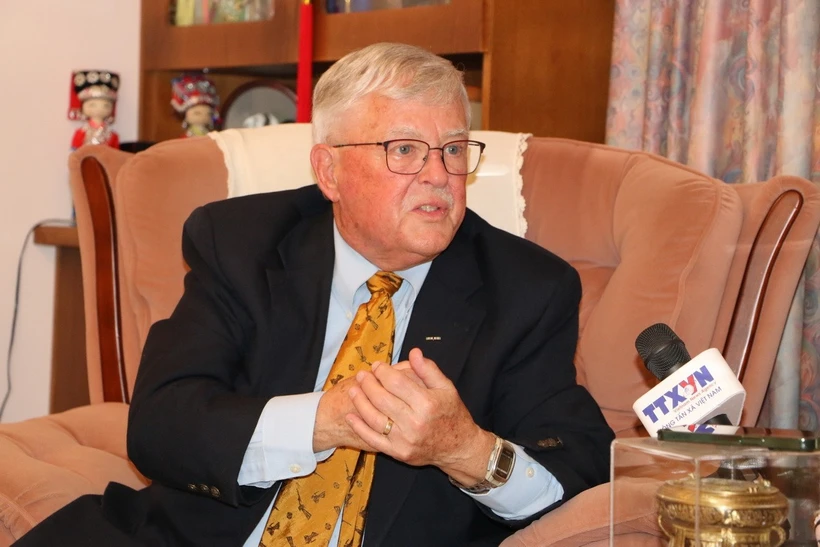
Professor Carl Thayer, from the Australian Defence Academy (University of New South Wales) in a conversation with a VNA reporter in Australia. (Photo: Le Dat/VNA)
Zalo Facebook Twitter Print Copy link
Professor Carl Thayer, from the Australian Defence Force Academy, University of New South Wales, said that in the past 50 years since the country's reunification (April 30, 1975 - April 30, 2025), Vietnam has transformed itself from a war-torn developing country into a peacetime country that has achieved lower middle-income status.
What impressed him most was that every time he visited the "S-shaped strip of land," he saw Vietnam "change dramatically."
Professor Carl Thayer recalled that the first 15 years after reunification were a difficult time for Vietnam with the Southwest border wars, the Northern border wars, and the US embargo on aid and trade with Vietnam. It can be said that at that time, Vietnam was in a socio-economic crisis.
However, according to Professor Carl Thayer, it was the strategic vision of the country's leadership in implementing the economic renovation and opening up to the world , allowing the private sector to develop, that were the key factors in helping Vietnam escape that crisis.
Vietnam decided to shift from a rigid centralized planning mechanism to developing a socialist-oriented market economy; at the same time, diversify and multilateralize foreign relations.
1995 is considered a pivotal year when Vietnam normalized relations with the United States and joined the Association of Southeast Asian Nations (ASEAN) as its seventh member.
By attracting foreign direct investment, Vietnam has gradually shifted its economy from agriculture to manufacturing, thereby obtaining resources to alleviate poverty and increase household income.
Commenting on the historic victory of April 30, 1975 of the Vietnamese people, Professor Carl Thayer said that the core of this victory was the promotion of the spirit of national unity, which was also considered the "key" to help Vietnam overcome the division into three regions under French colonialism, evidenced by the birth of the Vietnam Independence League in 1941, the successful August Revolution in 1945, the event of President Ho Chi Minh reading the Declaration of Independence on September 2, 1945 and the Dien Bien Phu Victory, which successfully ended the long-term resistance war against the French for 8 years.
It can be said that the victory of April 30, 1975 was a combination of military art and skillful diplomacy, taking advantage of national strength and the strength of the times. After reunification, the Vietnam People's Army protected the country from attacks on the southwestern and northern borders, modernized and protected national sovereignty on both land and sea. That gave Vietnam a great strength that not every Southeast Asian country has.
Professor Carl Thayer said that Vietnam not only diversifies and multilateralizes its foreign relations through strategic partnerships but also proactively and actively pursues international integration, demonstrated through its participation in the Asia-Pacific Economic Cooperation Forum (APEC), ASEAN, the World Trade Organization (WTO) and other multilateral organizations. This diplomatic strategy has brought resounding success when Vietnam was twice elected as a non-permanent member of the United Nations Security Council with an overwhelming majority of votes. Vietnam has affirmed its international reputation as a reliable partner through its pursuit of independence, autonomy, peace, cooperation and development. Professor Carl Thayer commented that most developing countries look at Vietnam with admiration.
According to Professor Carl Thayer, Vietnamese leaders often called for “combining national strength and the strength of the times.” In the struggle for national unification, Vietnam certainly received support from traditional friends, but domestically, it also made adjustments to suit its own conditions. General Vo Nguyen Giap adjusted his strategy to defeat the French at Dien Bien Phu. Vietnam adapted Soviet military technology to suit battlefield conditions in Vietnam.
Today, in peacetime, Vietnam encourages technology transfer and co-production. The second Vietnam International Defense Exhibition (December 2024) is a testament to Vietnam’s ability to improve and develop coastal missiles and drones to suit its unique conditions. Vietnam has also acquired the knowledge and skills to produce computer chips and electric vehicles.
Vietnam has sent its students around to learn about the fourth industrial revolution and innovations in science and technology, digital transformation, e-commerce, artificial intelligence...
Vietnam is now applying this knowledge to create a breakthrough in development, avoiding the middle-income trap.
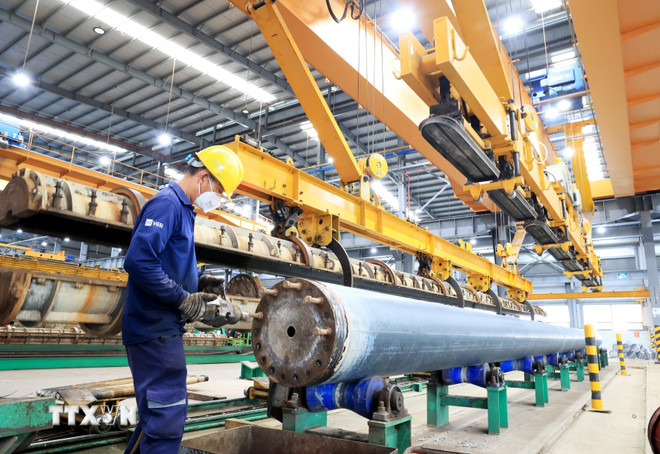
Production activities at the centrifugal concrete pillar manufacturing workshop of a foreign direct investment (FDI) enterprise in Phu My 3 specialized industrial park, Phu My town, Ba Ria-Vung Tau province. (Photo: Hong Dat/VNA)
If it can break through and move forward, Vietnam is likely to achieve its goal of becoming a high-income, industrialized country by 2030 and beyond.
In the context of Vietnam's increasingly deep integration into the world economy, many lessons from the great victory of April 30, 1975 need to be recognized and promoted.
Professor Carl Thayer, quoting the great writer William Shakespeare, says the most important lesson here is "be true to yourself."
In other words, Vietnam needs to preserve its national identity, be proactive, not lose its culture, and always be able to assess its strengths and weaknesses in pursuing its long-term strategic vision. Vietnam can learn from other countries, but it must always ensure its national interests. This requires political stability, people’s unity, and the ability to continuously adapt and make important innovations.
Professor Carl Thayer expressed his belief in Vietnam's bright future because "Vietnam always welcomes challenges and turns them into opportunities"./.
(TTXVN/Vietnam+)
Source: https://www.vietnamplus.vn/australia-student-impressed-with-50-years-of-professionalism-of-viet-nam-post1027235.vnp



![[Photo] Ho Chi Minh City is brilliant with flags and flowers on the eve of the 1st Party Congress, term 2025-2030](https://vphoto.vietnam.vn/thumb/1200x675/vietnam/resource/IMAGE/2025/10/10/1760102923219_ndo_br_thiet-ke-chua-co-ten-43-png.webp)
![[Photo] Unique Phu Gia horse hat weaving craft](https://vphoto.vietnam.vn/thumb/1200x675/vietnam/resource/IMAGE/2025/10/10/1760084018320_ndo_br_01-jpg.webp)
![[Photo] "Exposing letters" in the flood center of Lang Son](https://vphoto.vietnam.vn/thumb/1200x675/vietnam/resource/IMAGE/2025/10/10/1760080117518_ndo_br_z7101324112737-07cd4d1c01801a8ccf4ae0cbaf31c4a3-507-jpg.webp)


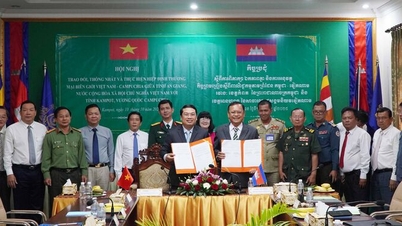





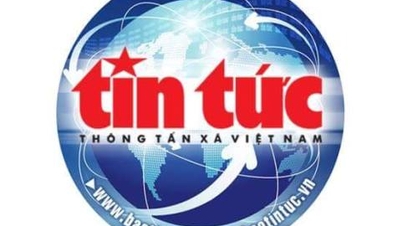


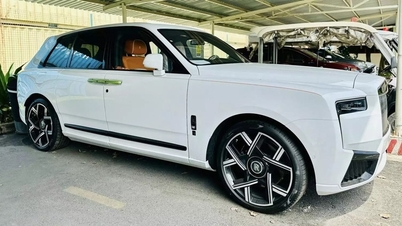




















































































Comment (0)